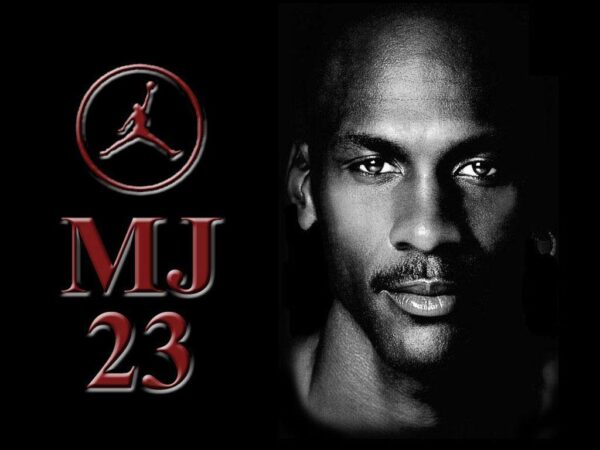The legendary Indian sprinter Milkha Singh, the “Flying Sikh,” died at 91 on 18th June 2021, following a long fight with Covid-19. His legacy continues to inspire millions of people worldwide, and his fantastic story remains an inspiration for us today. In this blog, we pay our most profound tribute to Milkha Singh, the Indian and world-famous Milkha Singh and how he taught us the importance of dedication and following your goals!
A Young Life in the Early Days of Milkha Singh
Milkha Singh was born in a Sikh family in Govindpura on 20th November 1929. He was the youngest of 14 siblings, of whom 8 of them died before that partition in India. His parents passed away during the partition, and he was raised as an orphan. To avoid the massacres in Punjab, the state, he emigrated to Delhi in 1947. There the family he was living with was relatives of his sister. He was also detained for a brief time in the event of traveling without a permit. He was discouraged and thought of resorting to shady tactics after being persuaded by an older brother to join his brother in the Indian Army. He joined the Army on his fourth attempt and enlisted in the Electrical and Mechanical Engineering Centre.
He was first introduced to athletics in Secunderabad, where the Army chose him for specialized athletic training following his sixth in a mandatory cross-country race for the recruits.
Recognizing the importance of the military in introducing the sport, he was quoted saying: “I was born in a small village and did not know anything about running or an Olympics.”
“You can achieve anything in life. It just depends on how desperate you are to achieve it.”
Career
Milkha Singh represented India in the Olympics in 1956, 1960 and 1965. In 1960, at the Olympics in Rome, Milkha Singh lost the 400-meter race, and he finished fourth in the time in 45.73 seconds, This was the Indian national record, which stood for forty years. However, Milkha Singh always said that the disappointment of not winning an Olympic medal haunted him.
“That event where I made an error I will never forget, or forget for the remainder of all my days. I’ve run all over the world throughout my life and have had 77 wins in all, but that race at the Rome Olympics was the one I will not forget until the day I die.” His four Asian Games golds, 200m and 400m in 1958 and 400m and 4x400m relays in 1962, became an integral part of the sport’s legends.
“Even today, if I look back on my life, there are only two incidents that still haunt me – the massacre of my family during Partition and my defeat at Rome. “
Milkha Singh Later life
In recognition of his accomplishments during his performance at the 1958 Asian Games, Singh was promoted from sepoy to junior officer to rank of a commissioned officer. After that, he was appointed Director of Sports in the Punjab Ministry of Education; he resigned in 1998. In 1958, following his triumph, Singh received the Padma Shri, the fourth highest civilian award. In 2001, Singh turned down the Indian government’s proposal for the Arjuna Award and claimed that it was created to recognize youngsters, not people who are adults like him. He was also of the opinion that this award was awarded to those with minimal or no evidence of being athletes. He claimed the prize was not worth it because he was “grouped together with other athletes, who have not even come close to the level I achieved.” Singh was taken to the Fortis Hospital in Mohali’s acute treatment unit on 24th May 2021. He was suffering from COVID-19-related pneumonia. His condition was stable for some time, but he passed away on 18th June 2021 at 11:11 p.m. In Chandigarh. Nirmal Saini, his wife, was killed only a few days earlier, on 13th June 2021, and COVID-19. With a photograph of his wife held in His hands, Singh died on the pyre of his cremation.
Milkha Singh’s life
Singh was an Indian citizen living in Chandigarh in 2012. In Ceylon in the year 1955, the couple was introduced to Nirmal Saini, a former captain of the Indian volleyball team for women; they were married in 1962. and have three daughters and a son, the golfer Jeev Milkha Singh. He adopted his seven-year-old son, who was killed at the Battle of Tiger Hill in 1999.
The International Spirit!
Milkha Singh was promoted from the rank of a sepoy to an officer of the junior level to acknowledge his performance in the 1958 Asian Games. Then, he was appointed Director of Sports at the Punjab Ministry of Education. The year 2001 was the time he was unable to accept his Arjuna Prize by the Indian government. He claimed it was designed to honor athletes at a young age. The medals were given to the nation and were displayed in the Jawaharlal Nehru Stadium in New Delhi and later in the sports exhibition in Patiala.













